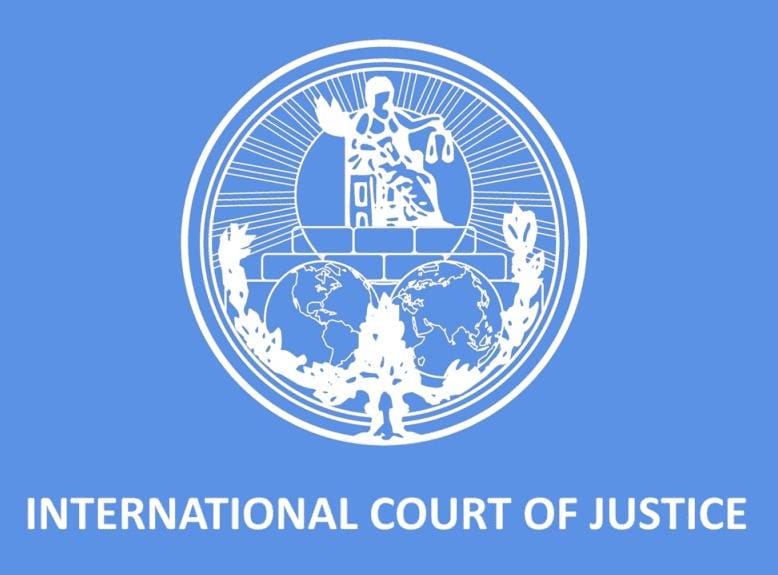The International Court of Justice (ICJ) has delivered a landmark advisory opinion emphasising Israel’s obligations as an occupying power in the Occupied Palestinian Territory (OPT) since 1967. According to the ruling, Israel bears a multifaceted legal duty including facilitating humanitarian relief operations, removing restrictions that hinder access to aid, and preserving the human rights of the Palestinian population.
The ICJ’s position underscores that international human rights law complements international humanitarian law in the OPT, binding Israel to respect, protect, and fulfil a broad spectrum of rights. These include the fundamental right to life, protection from torture and ill-treatment, liberty and security, freedom of movement, family unity, and an adequate standard of living. Additionally, Israel is obligated to ensure access to essential health services and education, prohibit discrimination, and uphold the Palestinian people’s right to self-determination.
Specifically, the court has ruled that Israel must ensure that Palestinians in Gaza and the OPT have access to vital supplies such as food, water, medicine and electricity, crucial for their survival.
Israel is further required to facilitate relief schemes, particularly in Gaza, where supplies have been severely restricted, and cooperate with UN agencies such as the UNRWA (United Nations Relief and Works Agency for Palestinian Refugees), ensuring that their activities benefit the local population without obstruction.
The ICJ’s advisory opinion, which carries significant moral and legal weight, emphasises Israel’s responsibilities as an occupying power.
The UN Human Rights Chief Volker Türk stresses Israel’s obligations and the need for compliance to improve the dire humanitarian situation.
The UN Secretary-General, António Guterres, has also welcomed the ICJ’s opinion, urging Israel to adhere to its legal duties and highlighting the importance of upholding international law and human rights in resolving the conflict.
This ruling resonates with broader efforts to promote human rights and governance, particularly given the severe humanitarian crisis in Gaza and concerns over restricted aid access. It is expected to increase pressure on Israel to cooperate with humanitarian agencies, despite its rejection of the ruling as politicised.
The Court underscored that compliance with the stated obligations necessitates concrete actions from Israel and other nations, including lifting unjustified blockades, ensuring the safety of aid workers, and enabling sustainable humanitarian access.
It also reaffirmed the importance of a humanitarian ceasefire in Gaza to prevent further loss of life and pave the way for longer-term peace negotiations grounded in respect for human rights and international law.
United Nations members are now expected to align their policies with the Court’s directives, which could influence diplomatic efforts, international aid policies, and legal accountability processes. The ruling intensifies the international community’s call for an immediate increase in humanitarian aid to Gaza, aiming to alleviate the dire humanitarian crisis characterized by food shortages, clean water, medical supplies, and fuel.
Perspectives on the ICJ ruling vary among international actors and observers. The UN Human Rights Chief Volker Türk has underscored the importance of swift compliance and concrete measures to improve the humanitarian situation, stressing that adherence to the Court’s legal framework is essential for conflict resolution.
Implementing the ruling will require the cooperation of the parties – Israel, the Palestinian Authority and the international community – to ensure unimpeded humanitarian access and the advancement of peacebuilding efforts based on respect for international law.
The ICJ’s advisory opinion is part of broader international legal proceedings related to Israel’s actions in the OPT. The Court had previously concluded that Israel’s occupation is unlawful and should end, with implications for settlements, reparations, and human rights.
From experience, Israel hardly complies with ICJ’s decisions, and it remains to be seen whether there will be a change of heart. However, the court’s latest ruling is a pivotal legal benchmark, clarifying Israel’s legal obligations in the OPT and reaffirming the international community’s responsibility to uphold international law and human rights amid ongoing tensions and conflict.
Dr Sonny Onyegbula is a US-based legal consultant
![]()








